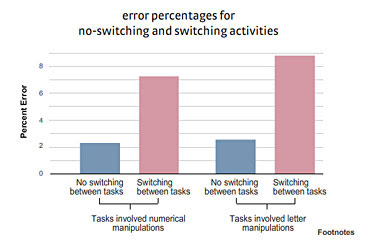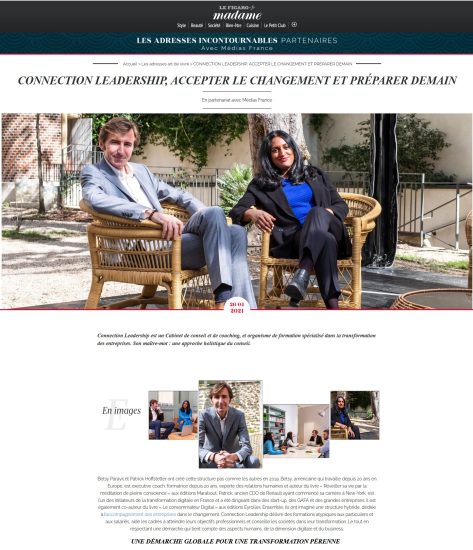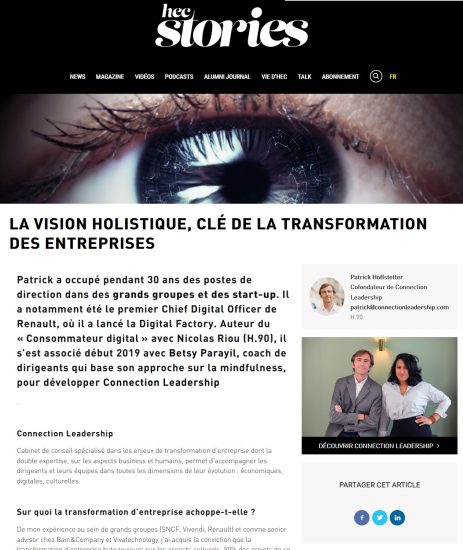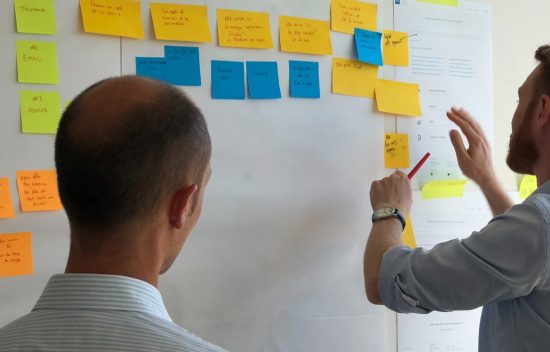
Tomorrow’s CEO must be aligned with himself and his environment
According to the Global Leadership Forecast 2021 conducted by international consulting firm DDI, no fewer than 10 issues are keeping executives up at night. For 55% of them, leadership is the main concern, with one major question: how can we attract, retain and develop the leaders of tomorrow? A crucial







